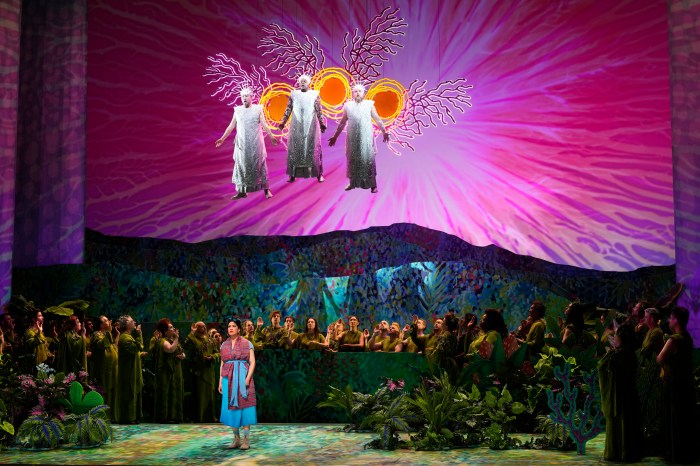Mike Scardino spent his college summers working on an ambulance in New York City, where he encountered scenes too gruesome to forget. He recounts them in morbid detail in his debut memoir, “Bad Call,” out this week. The Queens native spoke with amNewYork.
The book takes place from 1967 to 1970. How did you remember the stories so well?
Most of them were pretty unforgettable, and I’ve been telling them to my friends and family for years. I also have a lot of letters that I wrote my wife, and a lot of the stories that are in there are almost identical to the way I wrote them in the book. When I finally found the letters, I found out they lined up pretty much exactly with what my memories of the calls were.
Why did you decide to write it after all these years?
I had been trying for quite a while, and it was one of these things — “Well, I need a new computer. Well, I don’t like that keyboard.” So one night I was watching this movie called “Wings of Desire” that “City of Angels” is based on, a German movie, and it had all kinds of techniques — stream of consciousness, omniscient observer and everything. Nothing in the movie specifically helped me, but I said, “You know, I can write this any way I want.” So I decided to do a first-person narrative as if I were going through each call, as if I were talking to a roommate in college or my wife or one of my family members and telling them what had happened. And the more I kind of visually took myself through each call, the more I actually remembered.
Which was your favorite chapter to write?
My favorite chapter is Spare Change. I was very much disturbed by a call we had where a woman had just been thrown out on the street by her family, and it just struck me that, what the hell is this person gonna do? You see homeless people all the time. You never really see them at the moment that they become homeless. Even Robinson Crusoe, when he washed up on shore, he looked back and said, “Oh, there’s the ship with all the stuff I need. I can go out and get that.” But this woman had absolutely nothing. She wouldn’t say where she lived, she wouldn’t say who threw her out. You would come into these people’s lives at these critical moments as it was with this woman, and as soon as you go, it’s like, what the heck is gonna happen to this person? And you know, it bothers you.
How were emergency services different 50 years ago?
Now they can do EKGs, they can transmit information to the hospital, they can give meds now. We couldn’t give anybody anything. Absolutely nothing. So a lot of it depended on speed. We could do things like try to stop hemorrhaging and things like that, but basically the key there was getting people back as soon as possible. I had no idea I would see so many dead people as I did. That was always kind of a shock, the enormous numbers of people every week that would die.
Who are your biggest literary inspirations?
I loved 18th-century prose, poetry and drama because it was a really humanist era and people just kind of looked at life with a very cold eye. I loved “Tom Jones,” for example. I love Shakespeare. I wish I could be a poet. I do quote William Faulkner in the book saying that a novelist is a failed poet, and when I read poetry and I see how concisely they can put an image on paper, I think, “Gee, I wish I could do that.” In lieu of that, I just try and write it normally.

















